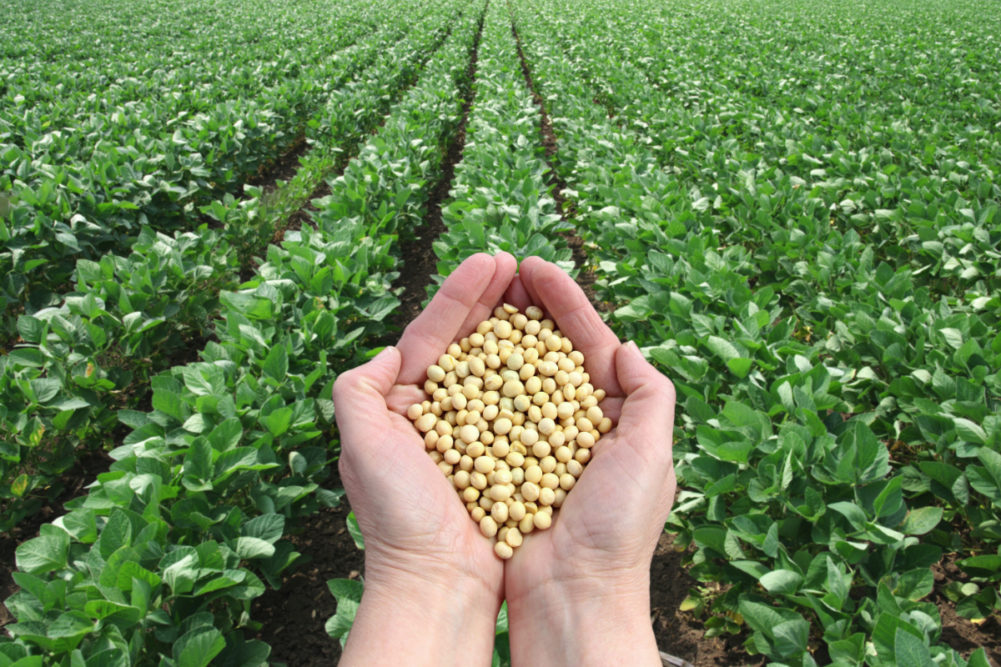ALEXANDRIA, VIRGINIA, US — Funding for research to improve the climate resilience of soybeans, with a particular focus on drought and heat stress in the Southern US, has been awarded by the National Science Foundation (NSF) to three universities as part of a larger program.
The NSF awarded $77.8 million to 14 projects on July 23, including $6 million to the Interdisciplinary Program of Advancing Climate Extreme Resilience in Soybean (iPACERS) through the foundation’s Established Program to Stimulate Competitive Research (EPSCoR).
Through iPACERS, the University of Alabama at Birmingham (UAB), Mississippi State University (MSU) and Louisiana State University (LSU) aim to develop sustainable and climate-smart agricultural solutions to soybean production impacted by extreme heat and drought events that can be applied to other important crops, helping to mitigate global food security issues. This project includes partnerships across Alabama, Mississippi and Louisiana.
The iPACERS project is led by Shahid Mukhtar, a geneticist and professor in the Clemson University Department of Genetics and Biochemistry. Mukhtar’s lab through Clemson and the UAB will focus on understanding the molecular mechanisms of how heat and drought impact individual cells in a plant through five growth stages.
“Climate change is the grand challenge of the 21st century,” the NSF said. “It poses a significant threat to the health of humans, livestock, and agriculture by causing economic disruption that disproportionately affects marginalized communities. For instance, heat and drought are expected to reduce soybean yields by 40%, and these effects are predicted to be particularly severe in most Southern US soybean-growing areas, which are already suffering disproportionately from climate change.”
To address this challenge, iPACERS brings together a team of scientists, educators, social and economic researchers, extension specialists, and outreach professionals. They will assess the impact of climate change on soybean yields, from the cellular level to the whole plant, as well as on associated microbial communities, utilizing advanced technologies and artificial intelligence. The team also will develop solutions to boost soybean yields.
During the four-year project, the iPACERS team will study two varieties of soybeans — one of which tolerates hot and dry conditions better than the other. The project aims to enhance soybean resilience to heat and drought through five key strategies by generating single-cell level data, using advanced sensing to collect detailed morphological and physiological data, evaluating soil chemistry, root structures, and microbial communities, utilizing network science and artificial intelligence to find novel RNA markers and beneficial microbes, and testing selected markers and microbes in field conditions.
Mukhtar said the study could be a model for other food crops, such as corn, the most widely grown crop plant in the United States. The iPACERS project also features a comprehensive, multipronged approach to develop a diverse science, technology, engineering and mathematics (STEM) workforce in the US South and educate the public about climate change and its impact on food security.
Established by Congress in 1950, the NSF is an independent federal agency that supports science and engineering in all 50 states and US territories, chiefly through grants that support basic research. NSF grants account for about 25% of federal support to US colleges and universities.
“Every part of our nation has been impacted by the changing climate,” said Sethuraman Panchanathan, director of the NSF. “We build a sustainable future for all by investing in climate resilience research and solutions across our country.”






